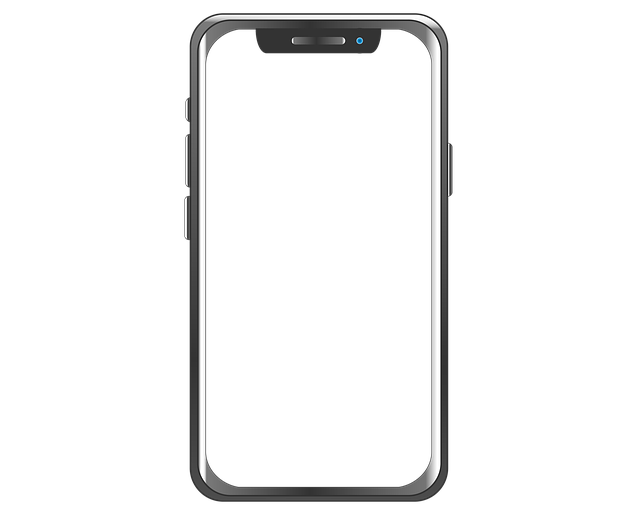In New York City, where debt collection is strictly regulated by laws like the Fair Debt Collection Practices Act (FDCPA), consumers have rights against aggressive or unfair tactics. Unethical collectors may employ deceptive practices, but debt collector Attorneys NYC can protect individuals by explaining their rights, ensuring fairness, and taking legal action if necessary. These experts specialize in navigating local regulations, advocating for clients facing harassment, misleading information, or excessive fees, thus preserving financial stability and peace of mind.
In New York City, understanding the city’s debt collection laws is crucial for protecting your rights as a debtor. This comprehensive guide breaks down the key protections available to NYC residents and identifies prohibited practices commonly employed by unethical debt collectors. We also explore the vital role a debt collector attorney in NYC plays in enforcing these rights and outline steps to take if you’ve been targeted by illegitimate collectors. Additionally, learn preventive measures to guard against harassing debt collection practices.
Understanding NYC's Debt Collection Laws: A Summary of Protections for Debtors

In New York City, debt collection practices are regulated by a series of laws designed to protect consumers from aggressive or unfair tactics. When dealing with a debt collector Attorney NYC, borrowers should be aware of their rights and the legal boundaries set in place. The Fair Debt Collection Practices Act (FDCPA) is a federal law that establishes rules for debt collectors across the country, ensuring they treat consumers fairly.
Debtors in NYC are shielded from harassment or threatening language by debt collectors. They also have the right to request validation of the debt, meaning the collector must provide proof of the amount owed and the original creditor. Additionally, collection agencies cannot contact individuals at unusual times or places, and they cannot lie or misrepresent information about the debt. Understanding these protections is crucial for anyone facing debt collection efforts in New York City.
Identifying Prohibited Practices: Common Tactics Used by Unethical Debt Collectors

Unethical debt collectors in New York City often employ various deceptive tactics to pressure individuals into making payments. Identifying these prohibited practices is crucial for consumers to protect themselves. Common strategies include false threats, such as claiming to involve law enforcement when they have no intention of doing so, or using intimidating language and aggressive behavior to scare debtors.
Another frequent tactic is the use of misleading information, like providing incorrect account details or inflating the debt amount. Some collectors may also attempt to charge excessive fees or interest, taking advantage of desperate situations. A debt collector Attorney NYC can help consumers understand their rights and take legal action against such practices, ensuring fairness and compliance with consumer protection laws.
The Role of a Debt Collector Attorney in NYC: Enforcing Your Rights

In New York City, a debt collector attorney plays a crucial role in enforcing your rights as a consumer. These legal professionals are well-versed in the city’s unique regulations and laws surrounding debt collection practices. They act as advocates for individuals facing aggressive or illegal debt collection tactics, ensuring that collectors adhere to strict guidelines. A debt collector attorney NYC can provide guidance on your rights, such as the Fair Debt Collection Practices Act (FDCPA), which prohibits abusive, false, or misleading practices.
By engaging a debt collector attorney in NYC, you gain a powerful ally in navigating complex legal matters. They have the expertise to challenge unfair collection methods, including threatening language, harassment, or the misrepresentation of your debt. These attorneys can also assist in verifying the validity of debts and ensuring that collectors provide accurate information. Their involvement can help protect your financial stability and peace of mind, especially in a bustling city where debt collection agencies operate extensively.
Legal Recourse for Victims: Steps to Take if You've Been Targeted by Illegitimate Collectors

If you’ve been targeted by an illegitimate debt collector in New York City, it’s crucial to know that legal recourse is available to protect your rights. The first step is to gather all relevant information about the alleged debt and the collection efforts, including any communication or documents received from the collector. This includes noting the date, time, and content of each interaction, as well as the name and contact details of anyone involved.
Next, consider consulting with a debt collector attorney in NYC who specializes in consumer rights law. They can provide guidance tailored to your situation, helping you understand your legal options. These may include filing a complaint with the New York State Attorney General’s Office or taking legal action against the collector for harassment, false representation, or violation of the Fair Debt Collection Practices Act (FDCPA). A qualified attorney can assist in negotiating with the collector, sending cease and desist letters, or even pursuing litigation if necessary.
Preventive Measures: How to Guard Against Harassing Debt Collection Practices

In New York City, where many residents face financial pressures, it’s crucial to understand your rights and protect yourself from abusive or harassing debt collection practices. The first line of defense is to stay informed about your legal rights as a consumer. Familiarize yourself with the Fair Debt Collection Practices Act (FDCPA), which restricts how debt collectors can communicate with you. This includes prohibiting harassment, threats, or using deceptive tactics.
Engaging the services of a qualified debt collector attorney in NYC can be an effective preventive measure. These legal professionals are well-versed in the complexities of debt collection laws and can ensure that your rights are respected. They can also provide guidance on how to handle aggressive debtors and take appropriate action if you believe your privacy or rights have been violated by unscrupulous collection practices.






